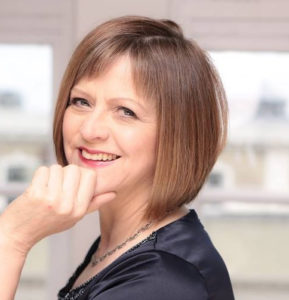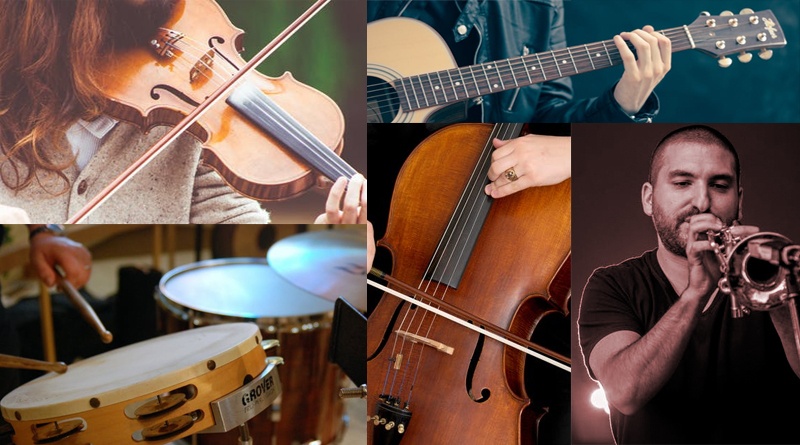COULD A CAREER IN MUSIC THERAPY BE RIGHT FOR YOU?
In Music therapy you get to make music with the patient. It is a mutually creative experience. Music Therapists work in hospitals, the community, care homes and in schools. Training includes learning about neuro-science (study of the nervous system) as well as understanding theories of how people relate to each other.
The British Association of Music Therapy explains that ‘Music therapists support the client’s communications with a bespoke combination of improvised or pre-composed instrumental music and voice…’
This involves developing the art of tuning in to the patient’s moods so that together you jointly create music, by using a range of accessible instruments and/or voices. You will be taught skills so that music making is focused on the patient’s emotional needs, rather than being a jam session.
If you enjoy playing a musical instrument, like to work in a team, and want to care for others – then you may have the right qualities to train as a music therapist.
It also helps if you have a curiosity to understand people who suffer with mental illness.
Many people cross the street to get away from a person who seems to be behaving strangely. Maybe he is talking to himself, or shouting out loud.
Treating men and women who have mental illnesses takes a certain type of person. Firstly consider your own safety, but then wonder what is going on in that other person’s head.
I worked with a young man whom I will call Jacob (not his real name) who was suffering from the first experiences of schizophrenia. He gave his consent for me to write up his story and music therapy enabled him to live in the community instead of being sent to a secure hospital where he would have lost his freedom.
We now know from research using brain scanning techniques that, with the right sort of input, people with schizophrenia can stay well enough to cope with real life rather than getting worse and worse. Being creative and discovering how to play music with the music therapist is a very important part of that process.
Sometimes taking illegal substances can lead to a state of ‘drug induced psychosis’.
I treated a man who initially had that problem. Following his recovery, he qualified as a therapist, and he has a special sort of empathy for addicts. He can inspire his own patients towards recovery by being a positive role model.
Music Therapy is not a soft option but it is rewarding and involves growing as a person so that you can handle challenging situations.
Music Therapy is a Health and Care Professions Council (HCPC) registered profession that involves a Masters degree-training course, ideally but not necessarily after gaining a degree in music or psychology.
First of all, have a good time working and playing because life experience counts for a lot in becoming an effective music therapist.
Recommended reading:
A Case of Work Rest and Play: Music Therapy in early onset psychosis. P89- 104 In Compton Dickinson, S.J., Odell-Miller, H. and Adlam, J. (2013) Forensic Music Therapy: a treatment for Men and Women in Secure Hospital Settings. London and New York. Jessica Kingsley Publishers
 ABOUT THE AUTHOR
ABOUT THE AUTHOR
Dr Stella Compton-Dickinson is a London-based Health and Care Profession council registered music therapist, accredited supervisor, professional oboist and lecturer, UK Council for Psychotherapy registered Cognitive Analytic Therapist and Supervisor. She is author of The Clinician’s Guide to Forensic Music Therapy (Jessica Kingsley Publishers), and has her own private practice and twenty years’ experience in the National Health Service as a Clinician, Head of Arts Therapies and Clinical Research Lead her research was awarded the 2016 Ruskin Medal for the most impactful doctoral research.
Web: http://www.stellacompton.co.uk
Facebook: https://www.facebook.com/NorthLondonPsychotherapy
Twitter: https://twitter.com/StellaCompton12
LinkedIn: https://www.linkedin.com/in/dr-stella-compton-dickinson-4a475311/

